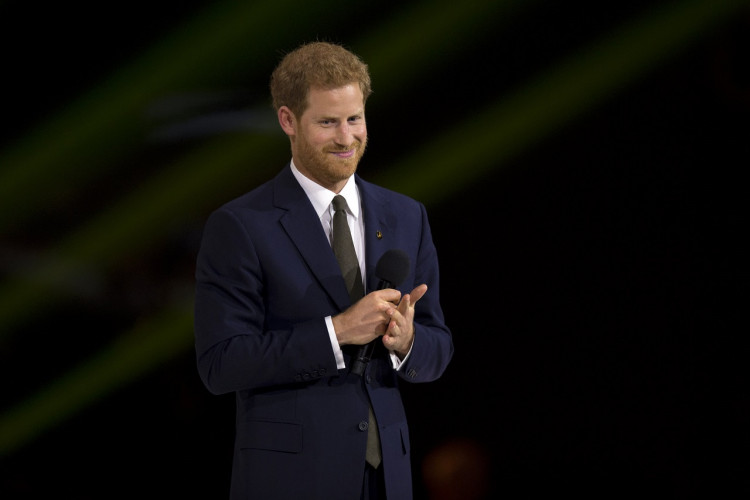Prince Harry, the Duke of Sussex, is likely to receive public sympathy in his ongoing legal battle against the Home Office over the level of protection he and his family receive while in the United Kingdom, according to royal commentator Richard Fitzwilliams. The duke recently won the right to take his case to the Court of Appeal, challenging the High Court's decision that the current security arrangements, which are determined on a case-by-case basis, are reasonable.
The legal dispute began in February 2020 when the Home Office, the ministry responsible for policing, revoked Harry's right to automatic personal police security after he stepped back from his royal duties and moved to California with his wife, Meghan Markle. The Executive Committee for the Protection of Royalty and Public Figures (Ravec) subsequently decided not to grant Harry the same level of protection he had previously received as a full-time working member of the royal family.
According to The Mirror, Fitzwilliams acknowledged the challenges Harry faces in his pursuit of increased security, stating, "His attempt to pay personally for extra police protection, has the obvious disadvantage that it would create a two-tier system and, as expected, failed in court."
However, the royal expert also pointed out the emotional and practical factors that may sway public opinion in the duke's favor. "He is haunted by what happened to his mother and there is a threat by far-right extremists to him and his family," Fitzwilliams explained. "The granting of full taxpayer-funded protection for those who are not full-time working royals is likely to be difficult to obtain, but in his particular case, there will be some sympathy for what he sees as his predicament."
The Court of Appeal's decision to hear Harry's challenge comes after a direct application from his lawyers, who argued that the prince should be allowed to appeal the High Court's ruling. In February, High Court judge Sir Peter Lane found that "there has not been any unlawfulness in reaching the decision" to revise Harry's security, adding that "any departure from the policy was justified" and "the decision was not irrational."
Despite the legal setbacks, Fitzwilliams suggests that the public may be more understanding of Harry's situation given the tragic circumstances surrounding the death of his mother, Princess Diana, and the ongoing threats posed by far-right extremists and terrorists. "It may well be that it is ruled that he and his family could be included in the 'Other VIP Category', but the legal costs of his appeal will be substantial," the royal commentator noted.
As the legal battle continues, the financial implications of Harry's appeal have come under scrutiny. The substantial costs associated with the ongoing legal proceedings have raised questions about the feasibility of the duke's pursuit of enhanced security measures, particularly given his decision to step back from his role as a full-time working royal.
The public's reaction to Harry's predicament is likely to be influenced by a complex interplay of factors, including the perceived legitimacy of the security threats, the emotional resonance of his mother's tragic fate, and the broader context of his departure from the royal family. While some may view his efforts as a justified attempt to ensure the safety of his family, others may see it as a continuation of the tensions that have characterized his relationship with the monarchy in recent years.
As the Court of Appeal prepares to hear Harry's case, the outcome remains uncertain. However, the royal expert's assessment suggests that the duke may find a measure of public support as he navigates this challenging legal landscape, even as he faces significant obstacles in his quest for the level of protection he believes is necessary for himself and his family.






